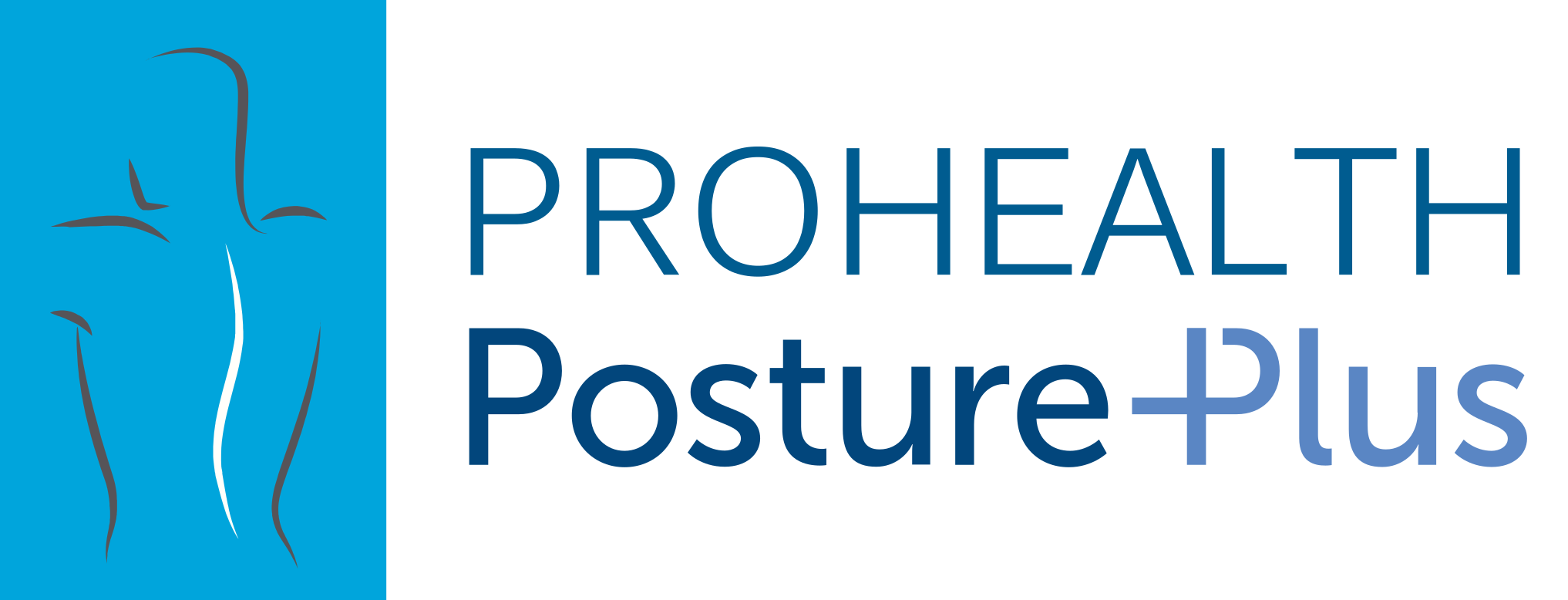
What Is Long Covid and Fatigue?
Long Covid and Fatigue
The most common symptom of Long Covid is fatigue, and I wanted to talk today about how physiotherapists might be helpful in the management of fatigue. Long Covid is the term used for symptoms that persist longer than 12 weeks after SARS-CoV-2 infection. However, for many people Long Covid symptoms can last much longer than that, and managing fatigue can be difficult.
How can Physiotherapy help?
Physiotherapists can help with advising about appropriate activity and exercise levels, and with managing fatigue, helping you to avoid over exertion, and learning to prioritise, plan and pace.
What is Fatigue?
Fatigue is the most common Long Covid symptom and is different from being tired. It can be much more exhausting, and the fatigue in Long Covid isn’t typically caused by doing too much or having had a busy day. Fatigue can be affected by much lower levels of physical activity such as taking a shower, or from cognitive activities like being in a meeting. Even emotions such as anger or sadness can affect fatigue levels. Tiredness usually gets better after resting, but fatigue might not be fully relieved by rest or sleep. Fatigue can make daily activities and concentration difficult, and can affect social activities or work.
Post Exertional Symptom Exacerbation (PESE)
PESE is linked to fatigue. It is an abnormal reaction to an activity (physical, cognitive or emotional) as if too much energy has been used. After the triggering activity, the symptoms increase: this is often increased fatigue or exhaustion, but also it could be an increase in brain fog, shortness of breath, muscle and joint pain, or other symptoms. PESE could appear immediately after the activity, or there could sometimes be a delay, and it can last for hours, days or even weeks.
If you have Long Covid it is very important to be aware of PESE, as trying to push through your limits in an attempt to get stronger or fitter can in fact be counter productive. It can actually make symptoms worse over time. A much better tactic is to establish a baseline of activity, one that can be tolerated even on a bad day, and then keeping at that baseline until symptoms improve.

The 3 P’s: Prioritising Planning Pacing
Energy management is important in managing fatigue in Long Covid. Think of the amount of energy you have for each day as a fixed amount, contained in one energy bank. You will need to budget for higher energy and lower energy activities to manage your day, so that you don’t spend all of your daily energy fund too early, leaving nothing left in the bank for later in the day.
Prioritise
- Which things really need to be done, and which can be left out or delegated?
- It’s a good idea to save some energy for emergency use, as we can never anticipate everything that might happen in a day.
- Remember you need some energy for interacting with family and friends.
Planning
- Keeping an activity diary can be helpful in detecting patterns of physical, cognitive and emotional activities, and their effects on your fatigue.
- The activity diary should also include rest periods and sleep patterns.
- Taking your heart rate at intervals during and after an activity can also be helpful in monitoring response to the activity.
- Using a wearable device can assist in monitoring heart rate, and also track sleep.
Pacing
- Find the right balance between activity and rest, leaving time to rest and recover after each activity or task.
- Aim to complete the activity without an increase in symptoms. Stop before you reach your limits.
- Spread out or limit higher energy tasks throughout the day, so you don’t end up doing too much at one time of the day.
- Pacing can be difficult at first, and it can be disappointing not to be able to do everything you would like. However with practice, it does get easier, because you will be keeping within your energy budget.
- Pacing is not a strategy of avoiding activity, it is a strategy to reduce PESE.
Everyone will have a different pathway to recovery after Long Covid, and managing your fatigue can be difficult at first. Physiotherapists can help to work out an appropriate activity level for you, avoid PESE, and help you with the three P’s of prioritising, planning and pacing.
References
- https://world.physio/sites/default/files/2021-06/WPTD2021-InfoSheet4-Pacing-Final-A4-v1a.pdf
- https://www.physiosforme.com/pacing
- https://www.actionforme.org.uk/uploads/pdfs/Pacing-for-people-with-me-booklet-Feb-2020.pdf
